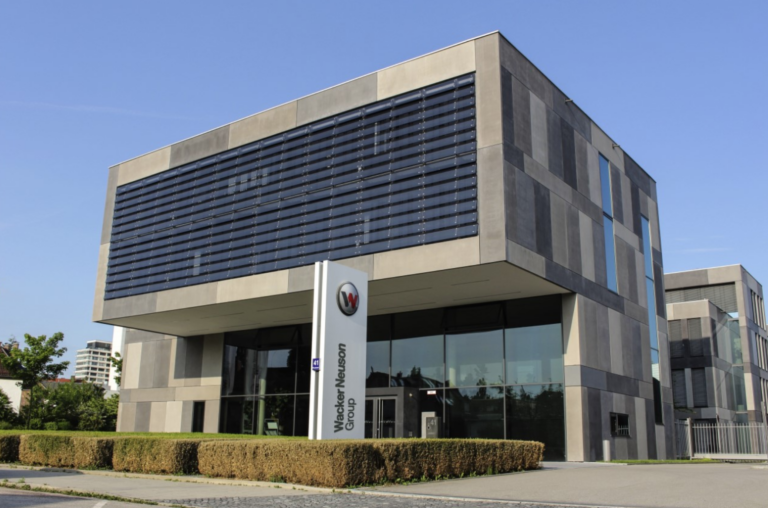Compact equipment manufacturer Wacker Neuson Group reported revenue of EUR 410.8 million for the first quarter of 2020, corresponding to a drop of 5.6 percent relative to the prior-year period.
“Following a successful start to 2020, business contracted sharply towards the end of the first quarter as a result of the coronavirus pandemic,” said Martin Lehner, CEO of the Wacker Neuson Group. “Widespread uncertainty is negatively impacting investment activity among our customers and existing orders are being postponed to an extent.”
While the group reported a double-digit decrease in revenue in the Americas and Asia-Pacific, the volume of business in Europe increased by 3.1 percent (Q1/20: EUR 326.4 million; Q1/19: EUR 316.7 million). This development was fuelled by demand for compact equipment for the agricultural market, which was still strong at the start of the year:
Revenue generated by Weidemann- and Kramer-branded wheel loaders and telescopic handlers was up 18.4 percent to reach EUR 87.7 million (Q1/19: EUR 74.1 million). The Group also reported clear double-digit gains with dumpers. Demand here was particularly dynamic for the innovative Dual View models. Overall, positive trends in the DACH region, driven in part by flexible rental and sales solutions through direct sales channels, provided sufficient momentum to compensate for the significant downturn in revenue triggered by the effects of the COVID-19 pandemic in Southern Europe and countries such as Poland, France and the UK.
Revenue for the Americas decreased 27.0 percent to EUR 76.9 million (Q1/19: EUR 105.3 million). This was attributable to a decline in dealer investment activity and the postponement of orders by key accounts, including rental companies.
In Asia-Pacific, revenue fell 44.0 percent to EUR 7.5 million (Q1/19: EUR 13.4 million). The rapid spread of the COVID-19 virus brought the Group’s Chinese production plant to a standstill for several weeks. After gradually coming back on stream in March, the facility has been able to almost fully resume manufacturing activities.
Given that it is not possible at present to predict the further impact of the Covid-19 pandemic, the Executive Board withdrew its guidance for fiscal 2020 on April 21. “It is currently not feasible to foresee how the pandemic will affect customer demand moving forward, the robustness of global supply chains or our Group’s production output. Looking ahead to the coming months, however, we expect the economic effects to have a much bigger impact on our business than in the first quarter,” explains Martin Lehner. In April, the volume of business was well below the prior-year level with revenue and order intake revealing clear double-digit losses.
To respond with agility to the current level of demand, the Group has adopted various short-time work models. The Executive Board has also implemented numerous initiatives to cut costs and secure liquidity. These include re-evaluation of all planned investments, as well as a joint decision taken by the Executive Board and the Supervisory Board to propose suspending the dividend payout at the Annual General Meeting.





